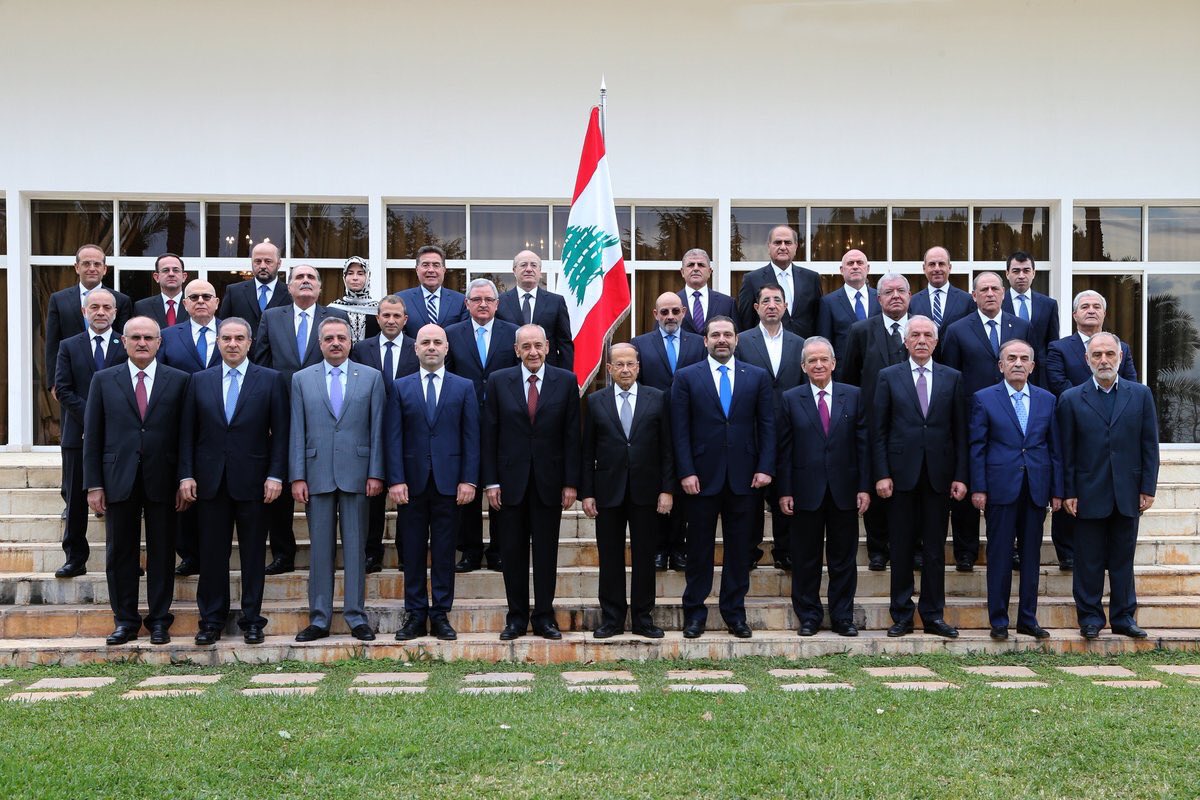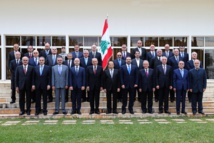Saudi Arabia has its justification to declare war against Hezbollah: The kingdom, as the young Saudi hawk and minister Thamer al-Sabhan recently declared, no longer distinguishes between the group and the Lebanese government.
Hezbollah, according to Sabhan, has become “a tool of death and destruction” against the kingdom — including training Saudi Shiite terrorists and helping Houthis build Iranian missiles, one of which almost landed at the Riyadh airport this month — and Lebanon will be treated as though it had declared war on Saudi Arabia.
Despite Saudi rhetoric and Lebanese needs, there isn’t sufficient political will in Beirut or capacity in Riyadh to take on Hezbollah. No Lebanese fighting force comes close to matching the group’s firepower. Saudi Arabia is certainly not going to commit its scarce resources to prosecuting another war while the conflict in Yemen grinds on.
What about Israel?
There have been rumors of Israeli-Saudi discussions over attacking Hezbollah, both directly and through President Trump’s son-in-law, Jared Kushner. If true, the reports of late-night meetings between MBS and Kushner at the end of October, as well as Kushner’s trip to Israel, take on new meaning considering the events that have followed.
Lebanon finds itself in a bind: It wants to have good tourism and investment relations with Saudi Arabia. At the same time, it sees what Hezbollah is doing in Lebanon and, more important, next door in Syria, where its members fight rebels and support a dictator. Hariri was sincere in his resignation speech when he said Hezbollah was a state within a state — and one that made him fear for his life. There have been rumors of Israeli-Saudi discussions over attacking Hezbollah, both directly and through President Trump’s son-in-law, Jared Kushner. If true, the reports of late-night meetings between MBS and Kushner at the end of October, as well as Kushner’s trip to Israel, take on new meaning considering the events that have followed.
Saudi Arabia has historically attempted to influence politics in Beirut. Saudi Arabia forbade its citizens from traveling to Lebanon in February 2016 and threatened to boycott the Lebanese government unless it cut ties with Hezbollah. Saudi Arabia also endorsed a settlement to elect Michel Aoun as president, who has close ties to Hezbollah, and to elect Hariri as prime minister in an attempt to embrace key Hezbollah allies to win their loyalty and create a rift with a critical ally of Iran.
Hariri’s sudden resignation is a clear sign that MBS no longer favors back-channel pressure on Lebanon.This pivot could in part be due to the “Trump effect,” particularly the U.S. president’s strong bond with MBS. The two despise Iran and its proxy Hezbollah, a sentiment the Israelis share. Would Trump support the Saudis if they choose to bring Hezbollah down in a war or a Qatari-style blockade? Given the recent rush of the the french president — Lebanon’s longtime ally — to Riyadh to check in on Hariri, the Saudis will need Trump’s help.
Today, Saudi Arabia alone is the most politically stable and economically secure country in the region. Neither the kingdom nor our conflict-ridden region can afford to see my country lose its footing. MBS’s rash actions are deepening tensions and undermining the security of the Gulf states and the region as a whole. ------------------
The Washington Post









 Home
Home Politics
Politics











